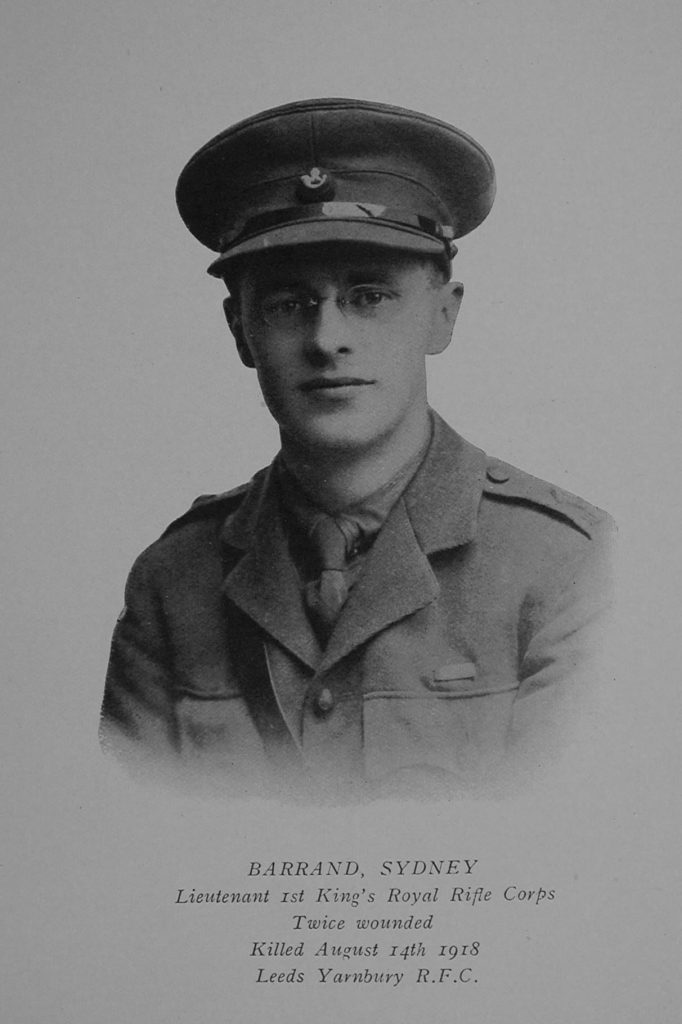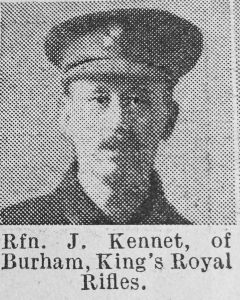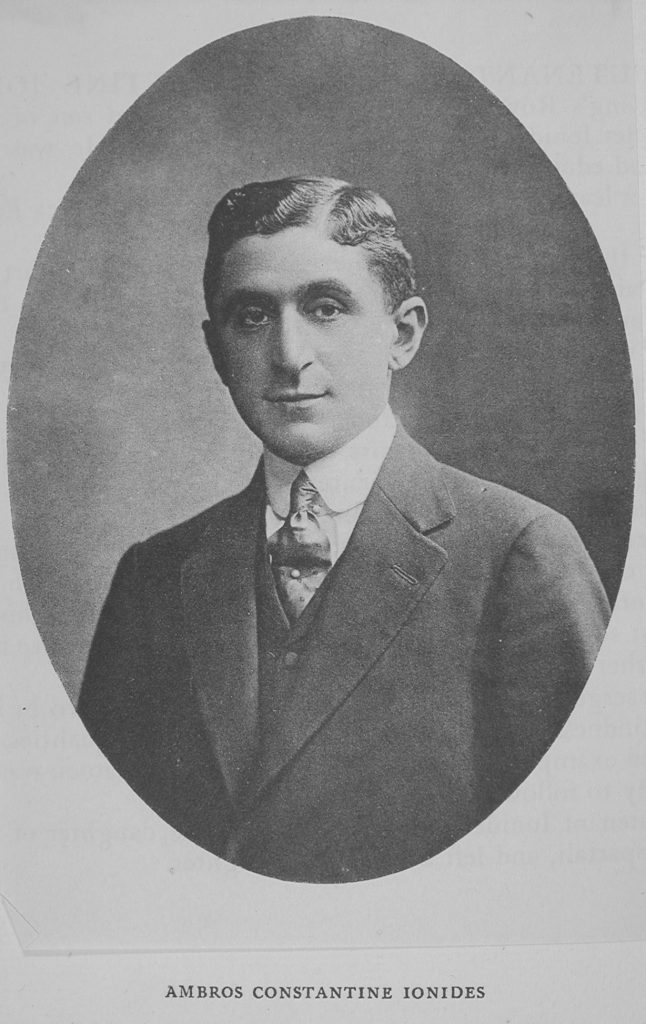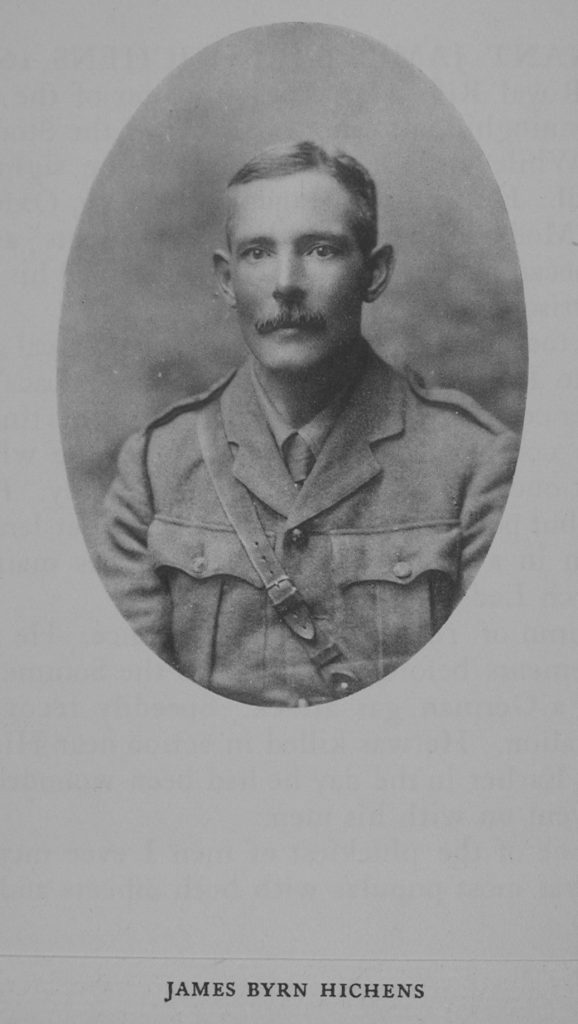
Upton E E M J Captain 2nd Kings Royal Rifle Corps
Source : The Illustrated London News 29th May 1915

Upton E E M J Captain 2nd Kings Royal Rifle Corps
UPTON, HON. ERIC EDWARD MONTAGU JOHN, Capt. and Adjutant, 2nd Battn. King’s Royal Rifle Corps, elder s. and heir of Henry Edward Montagu Dorington Clotworthy, 4th Viscount Temple own, of Castle Upton, Templepatrick, co. Antrim, by his wife, Lady Evelyn, nee Finch Hatton, dau. of George William, 10th Earl of Winchilsea and Nottingham; b.Steventon, co. Hants, 8 March, 1885; educ. at Eton (Mr. H. E. Luxmoore’s) and Sandhurst. He passed out of Sandhurst with honours, was gazetted 2nd Lieut. 16 Aug. 1905, and joined the 2nd Battn. King’s Royal Rifles in India, being promoted Lieut. 3 Oct. 1908, and returning with them in 1910. He was assistant Adjutant, 1910-13, and was appointed Adjutant, 1 Jan. 1914.
On the outbreak of war the 2nd Battn. mobilised on the Chobham Ridges and went out under Lieut.-Col. Pearce Serocold in the 2nd Infantry Brigade under Major-Gen. Bulfin. Capt. Upton served through the retreat from Mons, the Battles of the Marne and the Aisne. He was wounded at the first Battle of Ypres, was twice mentioned in Despatches, 31 May and 30 Nov. 1915 [London Gazette, 22 June, 1915, and 1 Jan. 1916], and promoted Tempy. Capt. 15 Nov. 1914. He was killed near Rue de Bois during the action of 9 May, 1915. His Colonel wrote of him: “Besides being an exceptionally gallant officer, the work he has done for the battn. will live and be felt by it for years. I need hardly say there was no more popular officer in the regt., and I personally have lost a very dear and loyal friend, and those who knew him well realised that his character and abilities had marked him out for a great career in the Service.”
A good cricketer and football player, and an experienced big game shooter in India, and deeply devoted to his regt., he had a remarkable power of gaining the affection of all with whom he came in contact, rich and poor alike, and his loyalty to his friends was one of his most marked characteristics. He was unm., and was buried in the Soldiers’ Cemetery, near the Rue de Bois, Richebourg St. Vast. His yr. brother, the Hon. Henry Upton, is now (1916) on active service as a 2nd Lieut. in the Royal East Kent Yeomanry.
Source : De Ruvigny’s Roll Of Honour Vol 1







